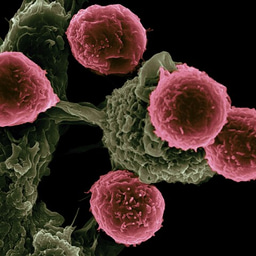Research: enjoy it, while you can

Research requires focus and uninterrupted devotion to the search for scientific knowledge. In less pompous words, it requires that we do research on day one, and follow the next day, and then keep following on subsequent days. What was the last time we could do that?
"I will surely write a few lines to that paper that I’m working on for half a year now so it will be finished (sometime). But there is this meeting in the middle of the day in which we will vote on things that have absolutely no consequence for any of us (for example, someone is elected to a committee I never heard of and I feel lucky it is not me). And then there was the third reminder of a review for a journal whose editor I still want to be on friendly terms with. And in two days there is a deadline to change the description of a course that does not affect how I teach it, but some new directive mandates the addition of those few more lines. Then there were some emails from my students, but I fear even to open them, as they most probably contain some text that I should read and comment. I leave those to next week, I hope they have some mid-semester exam which will occupy their time while I try to catch my breath. Finally, four hours after the end of the official workhours, I realize that while the document on which I promised myself to work on was open all day, I did not write a single word to it. Maybe tomorrow."
Sounds familiar?
If so, then you are no longer one of the young scientists but an established one burdened by all the non-scientific duties that academia imposes on scientists who were selected to their position on the basis of their scientific achievement. But then that elevated position makes one not more eligible to research (or even teaching, we should not forget that universities are there to teach) but rather become eligible to sit on committees that rarely decide on anything important.
I still have some memories of my PhD and early postdoc years. The choice for the day was typically which paper to read, which result to analyse or which experiment to do. And most of the time I was focusing on the same project for weeks if not months at a time. I rarely had to switch or do something else. No wonder I was more creative and had better ideas (at least better than what I have now).
If you can work on the same research on consecutive days (and nothing else), consider yourself lucky. Either you are still young or your have a dream job.
Photo by Campaign Creators on Unsplash





Join the FEBS Network today
Joining the FEBS Network’s molecular life sciences community enables you to access special content on the site, present your profile, 'follow' contributors, 'comment' on and 'like' content, post your own content, and set up a tailored email digest for updates.